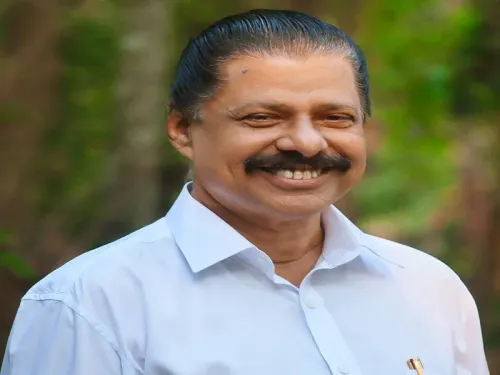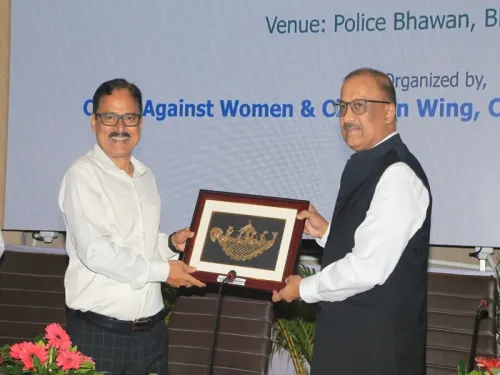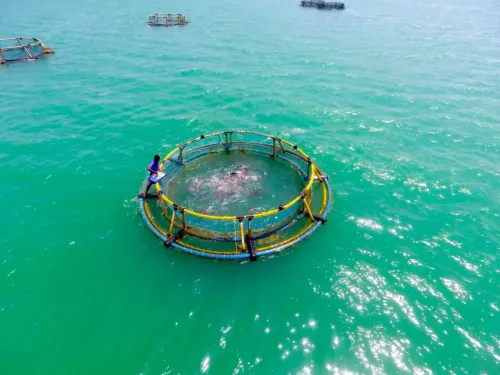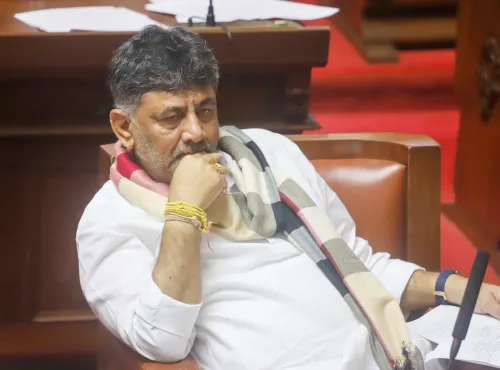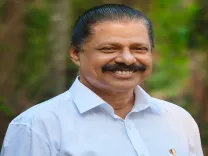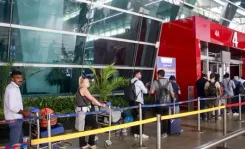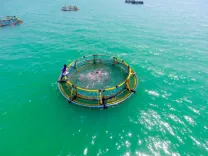What Does PM Modi's Empowerment of Armed Forces Against Terror Mean for Cross-Border Actions?
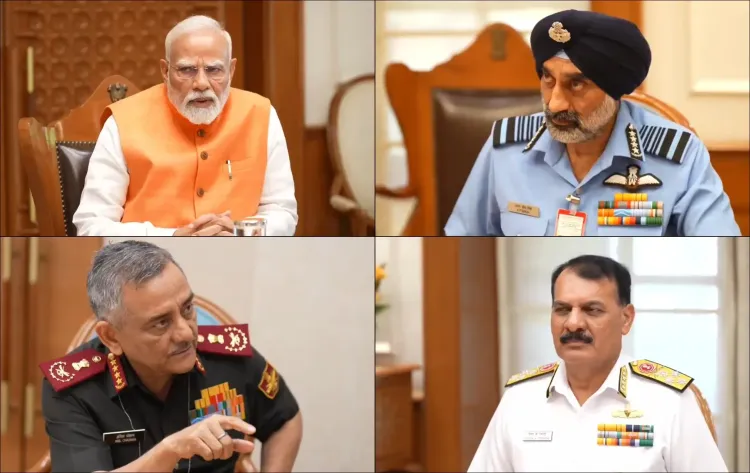
Synopsis
Key Takeaways
- PM Modi has granted full operational freedom to armed forces.
- Strategic shift in India's approach to cross-border terrorism.
- Increased troop readiness and surveillance along borders.
- Potential for targeted military responses against terrorist organizations.
- India's diplomatic actions complement military strategy.
New Delhi, April 29 (NationPress) Prime Minister Narendra Modi’s unequivocal declaration during a high-level security meeting that ‘India is set to inflict a devastating blow to terrorism’ conveys more than a mere strong declaration of intent.
The Prime Minister’s statement signals a strategic shift where decisive military actions are firmly on the agenda. This includes cross-border operations in response to the Pahalgam terror attack that resulted in the deaths of 26 individuals, predominantly tourists.
PM Modi’s promise of “full operational freedom” to the Indian Armed Forces to determine the “mode, targets, and timing” of India’s response carries profound strategic importance. It symbolizes a favorable phase where political resolve and military capabilities are in perfect harmony. This approach grants India’s defense apparatus the latitude to act not only defensively but also pre-emptively and offensively, based on situational intelligence and evolving operational dynamics.
From a strategic standpoint, this directive eliminates bureaucratic hurdles that generally impede rapid military responses, as noted by security analysts. It empowers field commanders to act when opportunities emerge, whether through precision strikes, covert operations, or cyber interventions against terrorist networks.
This is not the first instance where India has considered cross-border actions. Following the Uri attack in 2016, India executed surgical strikes across the Line of Control, targeting terrorist launch sites in Pakistan-occupied Kashmir (PoK).
In 2019, subsequent to the Pulwama attack, Indian Air Force aircraft penetrated deep into Balakot, conducting airstrikes on terrorist infrastructure, marking the first aerial assault within Pakistani territory since 1971.
Given this context, the current developments hint at a potential revival or escalation of the surgical strike doctrine, possibly in a more sustained and intensified manner.
Government sources indicate that troop preparedness has substantially increased along the LoC and the international border. The use of surveillance drones, satellite tracking, and electronic intelligence gathering has intensified, closely monitoring terror camps and movements across PoK.
The intelligence framework seems to be operating in close coordination with the military, suggesting that actionable intelligence may already be available.
Pakistan-based terrorist organizations such as Lashkar-e-Taiba and Jaish-e-Mohammed are under increased scrutiny. The Pahalgam attack, due to its targeting of civilians and tourists, is viewed as an attempt to disrupt peace in Kashmir and tarnish India’s global standing.
In retaliation, India appears poised to undertake targeted responses not only against the foot soldiers but also their financial and logistical supporters.
India has already initiated robust diplomatic actions, such as suspending the Indus Waters Treaty and expelling Pakistani nationals with short-term visas. These measures indicate a comprehensive strategy - military, diplomatic, and economic - to pressure Pakistan and isolate it on the global stage.
If India opts for a visible military response, it will likely be accompanied by international diplomatic efforts, underscoring India’s right to self-defense under Article 51 of the UN Charter.
While the national sentiment calls for action, the Modi government’s approach appears calculated yet firm. By granting the military full operational autonomy, the Prime Minister has decentralized tactical decision-making.
With the Pahalgam massacre serving as a pivotal moment, India seems ready to redefine the rules of engagement in its battle against cross-border terrorism.
The Prime Minister’s statement, characterized as one of the most explicit and assertive in recent years, sets the stage for what could be a historic counter-terror operation.
Whether through another surgical strike, a covert mission, or a multi-faceted offensive, one thing remains clear - India is no longer willing to absorb the blows. It is prepared to retaliate.

